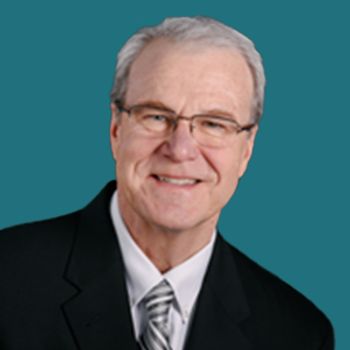
Terence R. Flotte, MD, the vice president of ASGCT, discussed what attendees can expect at the ASGCT Annual Meeting this year.

Terence R. Flotte, MD, the vice president of ASGCT, discussed what attendees can expect at the ASGCT Annual Meeting this year.
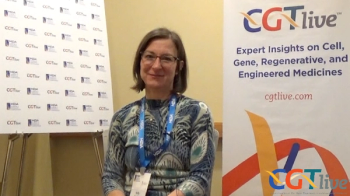
The senior research scientist at RTI International discussed the progress that has taken place in recent years with regard to patient preference research.

Review top news and interview highlights from the week ending May 3, 2024.
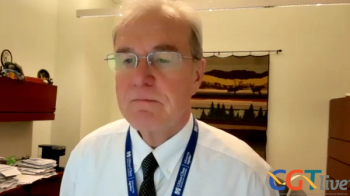
The vice president of ASGCT discussed important research that will be represented at the upcoming conference and challenges for the field to address in the future.

The ODAC unanimously voted in favor of the use of minimal residual disease negativity.
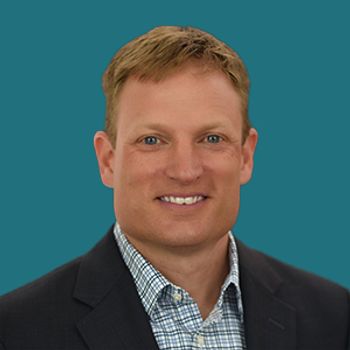
Testing for the presence of neutralizing antibodies is an essential step before patients can receive Beqvez.
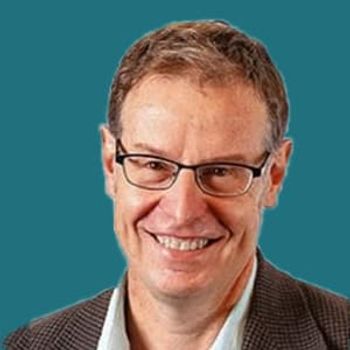
PJ Brooks, PhD, deputy director, Division of Rare Diseases Research Innovation, NCATS, NIH, discussed ongoing initiatives.
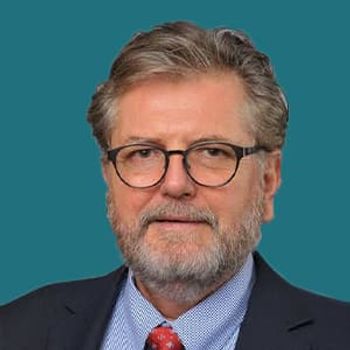
Based on these data, the phase 2 Regenerate PD trial of AB-1005 will begin enrolling later this year.
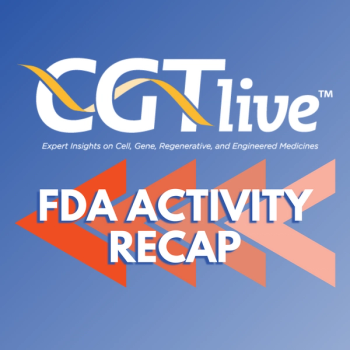
Catch up on any of the key FDA news stories you may have missed last month, with coverage highlights from the CGTLive® team.

Catch up on the latest news, breakthroughs, and announcements from biotechnology companies making advancements in cell and gene therapies.
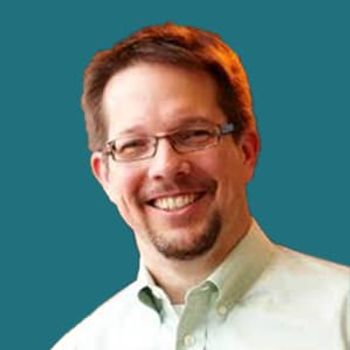
John A. Charlson, MD, associate professor of medicine, Medical College of Wisconsin, discussed advantages of afami-cel for synovial sarcoma and other solid tumors.

PGN-EDODM1 is being evaluated in the US and Canada in a phase 1 trial.
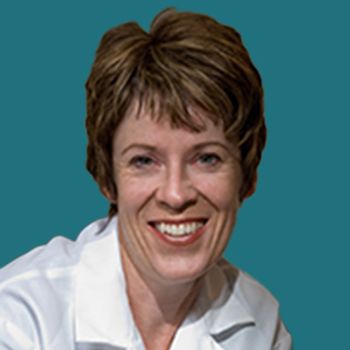
Paula Cannon, PhD, the president elect of ASGCT, discussed things to look forward to at the upcoming Meeting that will be held from May 7 to 11, in Baltimore, MD.
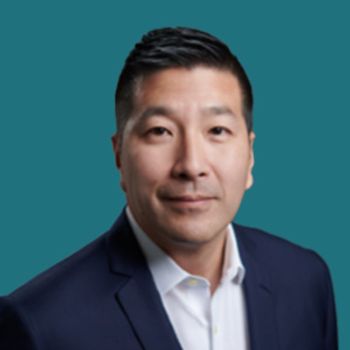
NKGen anticipates that it will dose the first patient in the study in the second half of this year.
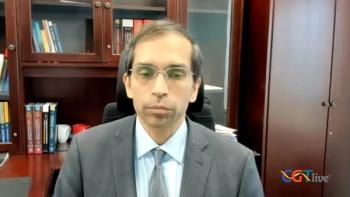
The director of the Mount Sinai Fuster Heart Hospital discussed trends in research and challenges with adopting new therapies.
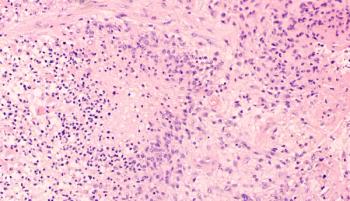
A phase 1 trial evaluating INB-200 has shown a PFS benefit in treated participants.
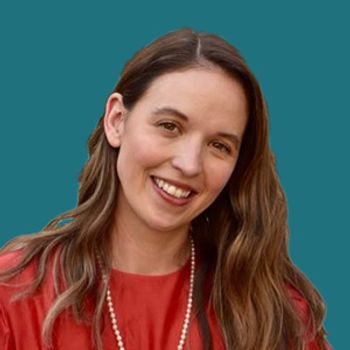
Jessica S. Little, MD, a transplant infectious diseases physician at Dana-Farber Cancer Institute, discussed research on fungal infections in patients receiving HSCT and CAR-T.
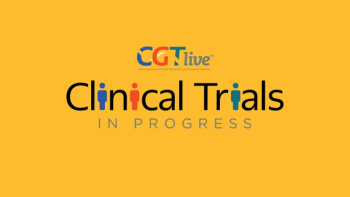
In anticipation of Bladder Cancer Awareness Month, CGTLive® has decided to take a closer look at this noninterventional real-world study.
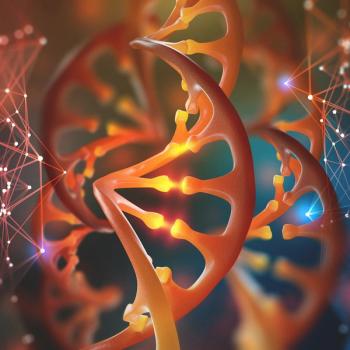
The company’s TSHA-201 AAV gene therapy for Rett syndrome is its current priority.
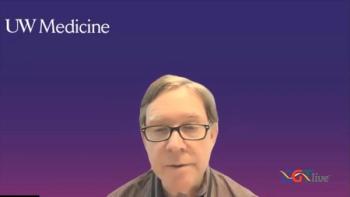
The McCaw Endowed Chair of Muscular Dystrophy at University of Washington gave a background on ASGCT, its founding, and how far the field has come since.
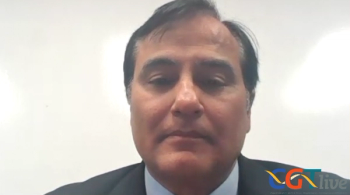
The medical director of the Center for Inherited Blood Disorders discussed barriers to the widespread adoption of val-rox by the hemophilia A community.
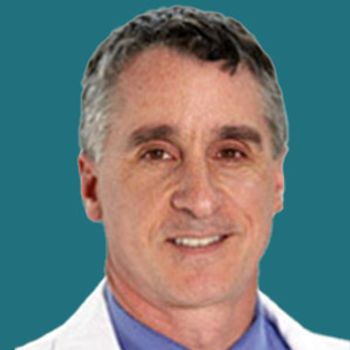
David Porter, MD, director of Cell Therapy and Transplant, Penn Medicine discussed how experience in oncology enabled the logical expansion.
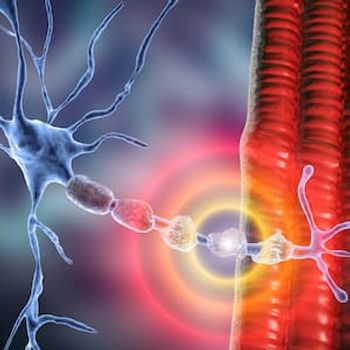
Another recent program in the investigational landscape was Helixmith’s deprioritized Engensis diabetic neuropathy gene therapy.

The first-in-human, open-label, single-arm trial is expected to enroll 9 participants over the course of a year.
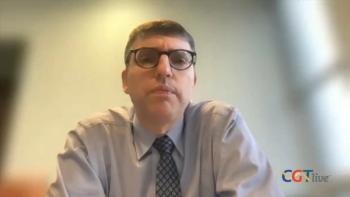
The chief of cardiology at Weill Cornell Medical College shared his outlook on the future of gene therapy research in the field.

Emilie Aschenbrenner, PharmD, BCOP, a hematology coordinator for pharmacy at Froedtert and the Medical College of Wisconsin, discussed the advantages of each of the 2 modalities in the third and second line settings.

Review top news and interview highlights from the week ending April 26, 2024.
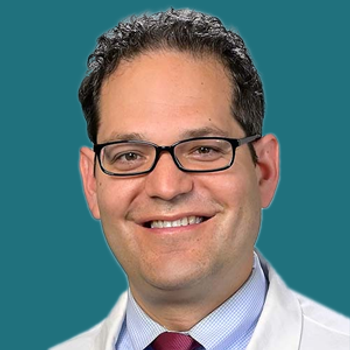
The decision was supported by the phase 3 BENEGENE-2 trial, which suggested that the Pfizer gene therapy was superior to standard of care FIX prophylaxis.
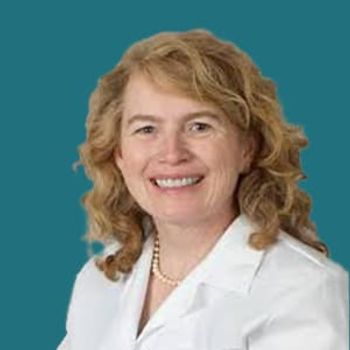
The cells may have potential to modulate disease in other cases of respiratory disease and critical illness.
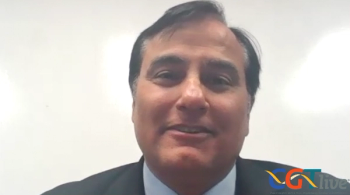
The medical director of the Center for Inherited Blood Disorders discussed the entrance of BioMarin’s val-rox into his center’s practice.